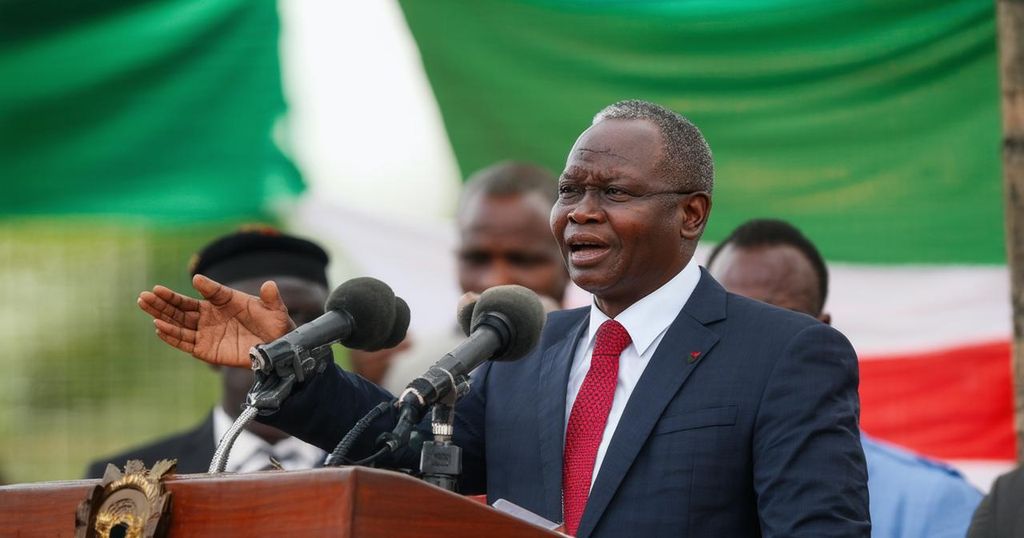Daniel Chapo, the candidate from the Frelimo party, was declared the winner of Mozambique’s presidential election with approximately 71 percent of the vote, amidst widespread allegations of electoral fraud and violence. The election has highlighted ongoing socio-economic disparities and intensified public unrest, marking a crucial moment for Frelimo’s longstanding rule since independence in 1975.
Daniel Chapo of the Frelimo party has been proclaimed the victor of Mozambique’s presidential election following a contentious electoral process characterized by allegations of fraud and civil unrest. The electoral commission declared Mr. Chapo won nearly 71 percent of the vote in the election conducted on October 9, succeeding Filipe Nyusi, who has completed two five-year terms in office. The announcement occurs during a time of significant strife in Mozambique, particularly due to an ongoing insurgency by Islamist extremists in the northern province of Cabo Delgado. This conflict exacerbates existing disparities as wealth from natural resources, including gas and precious stones, contrasts sharply with the widespread poverty and unemployment faced by many citizens. On the eve of the election results, violence erupted in the capital, Maputo, where police deployed tear gas and engaged in confrontations with demonstrators protesting what they allege to be state-sanctioned electoral fraud. Reports emerged of the fatal shooting of two supporters of Mr. Chapo’s principal opponent, further intensifying tensions. The Frelimo party has rejected claims of electoral misconduct and involvement in violence, asserting confidence in the validity of the election results. “Frelimo is confident that the results reflect the will of the people,” remarked Ludmila Maguni, a spokeswoman for the party.
Mozambique, a nation emerging from a history of colonial rule and internal conflict, is notable for its lasting governance by the Frelimo party since gaining independence from Portugal in 1975. The party has faced growing challenges in recent years, including a violent insurgency in the north that has highlighted disparities in resource wealth and led to increased poverty levels among the general populace. The recent presidential election marks a critical juncture for the party’s legitimacy and governance amid accusations of political and electoral malfeasance. The opposition and civil society are increasingly vocal about perceived injustices, reflecting a broader struggle for democracy within the region.
The recent presidential election in Mozambique with Daniel Chapo’s victory amid allegations of fraud and community unrest underscores the formidable challenges facing the entrenched Frelimo party. As violence and discontent simmer, the legitimacy of the electoral process will be under scrutiny, potentially altering the political landscape in Mozambique. The outcomes of such tensions may have lasting implications for governance and civil rights in the nation.
Original Source: www.nytimes.com






